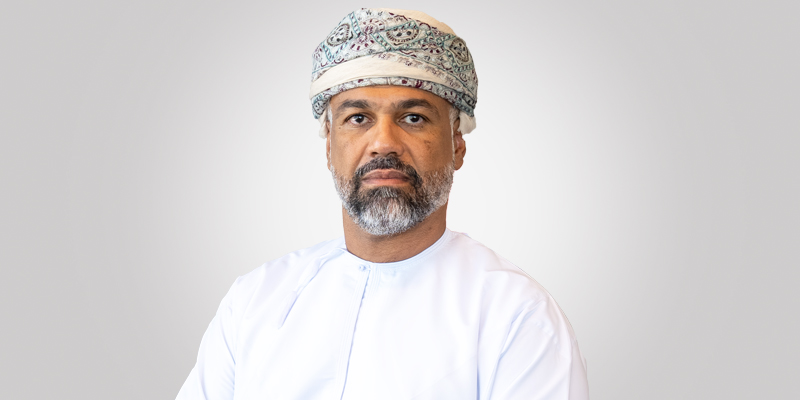
30 Apr Interview with Mr. Hamood Al Alawi, Acting CEO of Oman Airports, Sultanate of Oman
JT: How does Oman Airports align with the Sultanate’s broader economic and tourism goals, and what role does it play in supporting Oman Vision 2040?
Al Alawi: Oman Airports operates key airports, including Muscat, Salalah, Sohar, and Doqum, along with desert airports serving the oil and gas sector. We play a crucial role in Oman’s tourism and business, working closely with partners like the Ministry of Heritage and Tourism and OMRAN. Our strategy is aligned with Vision 2040 to boost tourism and business. We are improving internal operations to ensure financial health and supporting Oman Air’s transformation, helping to expand connectivity and attract tourists. We also introduce incentive schemes to encourage other airlines and engage in international events to expand our network. Efforts to enhance Salalah Airport’s connectivity, especially to Eastern Europe, are already yielding positive results in tourism.
JT: Oman Airports’ vision is to create an exceptional travel experience – what initiatives are in place to enhance the passenger experience, and how do you measure success?
Al Alawi: Our focus on technology and innovation distinguishes Oman’s airports. Initiatives like e-gates streamline processes, enhancing both the passenger experience and revenue. We’re also revamping duty-free areas to offer authentic Omani experiences, setting us apart regionally. Our ongoing ICT transformation includes upgrading systems at Muscat Airport and using AI and passenger diagnostics to improve crowd management. By 2026, we expect noticeable improvements in passenger experiences, and we continue to gather feedback to ensure we meet traveler needs.
JT: What strategies is Oman Airports implementing to attract new international airlines and expand direct routes to key global markets?
Al Alawi: Route development is a key part of our commercial strategy. We use targeted incentives, promoted at international events like those in London, Berlin, and Bahrain, to attract airlines. In partnership with the Civil Aviation Authority and the Ministry of Heritage and Tourism, we offer incentives that include financial support and easing visa requirements. In 2024, six new airlines started flying to Oman, with more expected by 2025. We’ve also introduced direct flights between Zurich, Muscat, and Salalah, increasing Salalah’s European connectivity. Additionally, joint offerings with Oman Air, loyalty schemes, expanded car rentals, and revamped duty-free services are enhancing the passenger experience. Real estate development around the airport further supports these efforts.
JT: How is Oman Airports incorporating sustainability into its operations, and what initiatives are in place to reduce the environmental footprint?
Al Alawi: We focus on improving efficiency in our existing facilities by reducing energy and water consumption. We’ve partnered with consultants to lower energy use and our carbon footprint. In line with Oman’s push for renewable energy, we recently opened the region’s first hydrogen fuel station at the airport with Shell, supporting hydrogen-powered vehicles. We’re also exploring solar panel installations. Sustainability standards are part of all agreements with facility users, ensuring carbon-emission targets are met. The cargo company has achieved 96% electrification of its fleet, showcasing our commitment to sustainability at all levels.
JT: What potential partnerships exist between Oman Airports and Japanese aviation stakeholders, and are there ongoing discussions with Japanese airlines or airport operators to enhance direct connectivity between Oman and Japan?
Al Alawi: While discussions haven’t started yet, they are expected soon. This collaboration between Oman and Japan aims to enhance connectivity. We are exploring the best ways to make this partnership work, possibly through new models involving both Japan Air and Oman Air. Our goal is to offer Japanese visitors the best of Oman, aligning with the expectations of the Japanese market.
JT: Do you have any closing remarks for our readers who are considering visiting or investing in Oman?
Al Alawi: As we say, Oman is the gateway to “beauty and opportunity.” Unlike other countries, Oman preserves its unique heritage, much like Japan. We’re committed to welcoming the Japanese market, and the positive feedback has set us apart in the region. The journey has just begun, and while there’s much ahead, our hopes and expectations are high.
